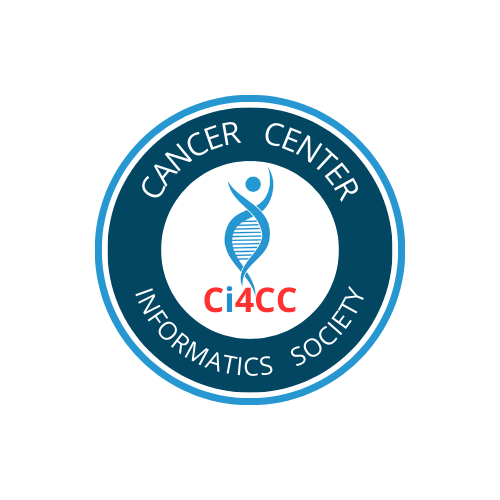Expanding Access in Cancer Care
American Cancer Society and Color Health to Provide Free At-Home Colorectal Cancer Screening in Underserved Rural Communities
The American Cancer Society (ACS) and Color Health today announced the launch of their new pilot program to provide free at-home colorectal cancer screening kits to individuals in rural areas and other underserved communities, where barriers to healthcare access often hinder timely screening and early detection. The program, which was recognized by the White House Office of Science and Technology Policy, builds on the ACS and Color broader collaboration to change cancer outcomes through better access to cancer screening, education, and clinical and non-clinical management from diagnosis through treatment and survivorship.
Link to full Article: https://pressroom.cancer.org/RuralHealth
Share this Article with others




